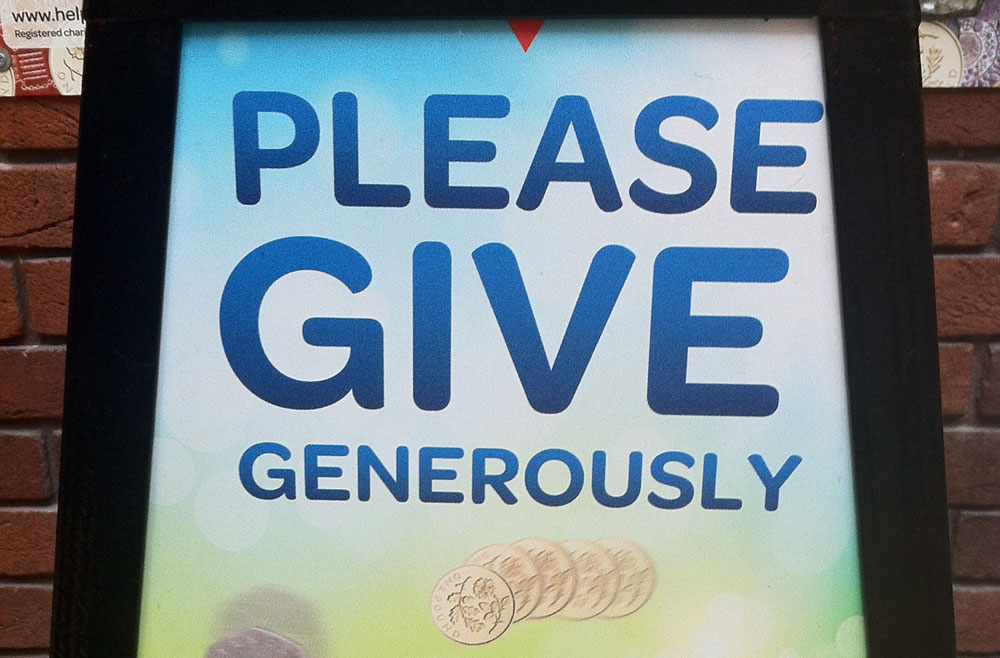
December 3, 2019; MSN
Over the past few weeks, the declining state of charitable involvement in the US has finally been acknowledged by more mainstream media, including the Washington Post, and, again, we are beginning to see some movement on legislation to try to reverse some trends that could threaten many small to mid-size nonprofits.
On Monday, Rep. Mark Walker (R-NC) declared he would introduce a bill in honor of Giving Tuesday that would return the universal charitable deduction to the tax law table. This would allow taxpayers who do not itemize to claim charitable deductions for giving; in other words, even those claiming the standard deduction would be incentivized by the tax system to donate.
This is a critical measure at time when many researchers are finding that low- and middle-income households are dropping from donor rolls at a steady and alarming pace. Though this trend started before the 2017 tax overhaul—which, by increasing the size of the standard deduction, reduced the number of people who could claim a deduction specifically for charitable giving. Many at the time predicted that limiting the use of the charitable deduction to higher-income households would generally dampen giving. We now see the policy’s effects heaped atop a longer-term dampening, concentrated in households of more modest means as they struggle with increasing wealth inequalities posed by the highly lopsided “recovery” from the Great Recession.
This longer trend was surfaced when philanthropy researcher Dr. Patrick Rooney of the Lilly School of Philanthropy warned last year in his original article for NPQ that higher-dollar donations from high-income individuals were actually veiling the steady and rapid disappearance of more modest donors. The Post succinctly describes one of the resultant problems from an overdominance of higher income givers as follows:
Sign up for our free newsletters
Subscribe to NPQ's newsletters to have our top stories delivered directly to your inbox.
By signing up, you agree to our privacy policy and terms of use, and to receive messages from NPQ and our partners.
While the decline in gifts is partially attributable to changes in the tax code, the problem is more insidious: No matter how much billionaires cite their giving as evidence that their wealth creates social benefit, a concentrated donor class means an increasingly small circle of nonprofits who receive their largesse. Out of more than 1.5 million nonprofits, just the top 100 organizations, household names such as Harvard, Stanford and Memorial Sloane Kettering, received 11 percent of all charitable gifts last year. Meanwhile, the nonprofits that strengthen the average American’s quality of life—the community theater, local food bank or interfaith youth program—struggle to get by with a hollowed-out base of support.
While, up until recently, many believed that there was little chance of movement on reinstituting the universal charitable deduction within the next year, it may be that more mainstream press attention will significantly shift the odds.
Walker’s bill would allow deductions for charity up to one-third of the standard deduction amount, which amounts to about $4,000 for individuals and $8,000 for married couples. Walker is not the only legislator to introduce such a bill, which is backed by, among others, the American Cancer Society, the Salvation Army and United Way Worldwide. Reps. Chris Smith (R-NJ) and Danny K. Davis (D-IL) have introduced similar legislation. NPQ, of course, has long endorsed the measure.
Please see Dr. Rooney’s latest article on this phenomenon.—Ruth McCambridge













